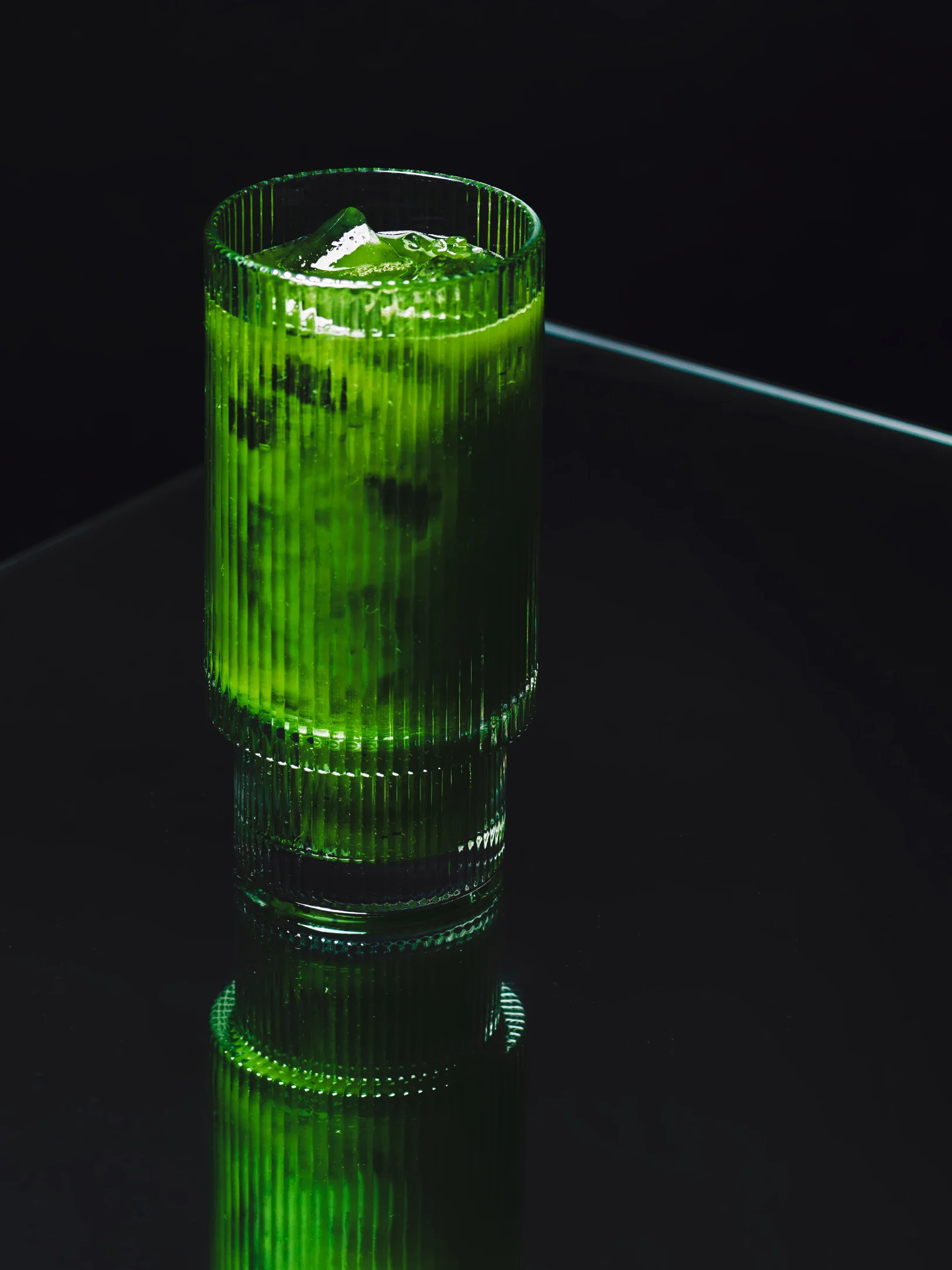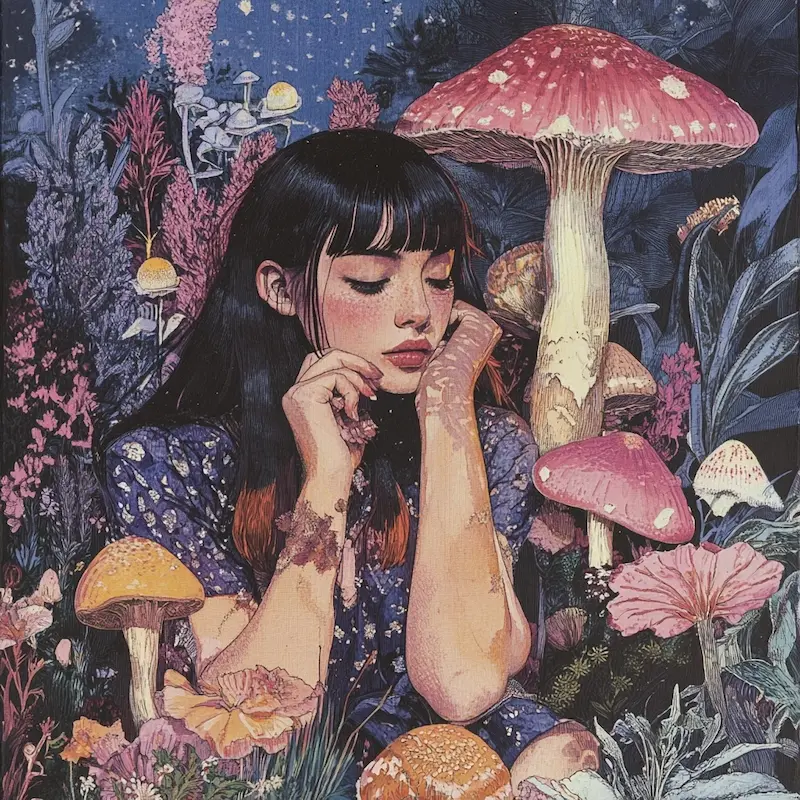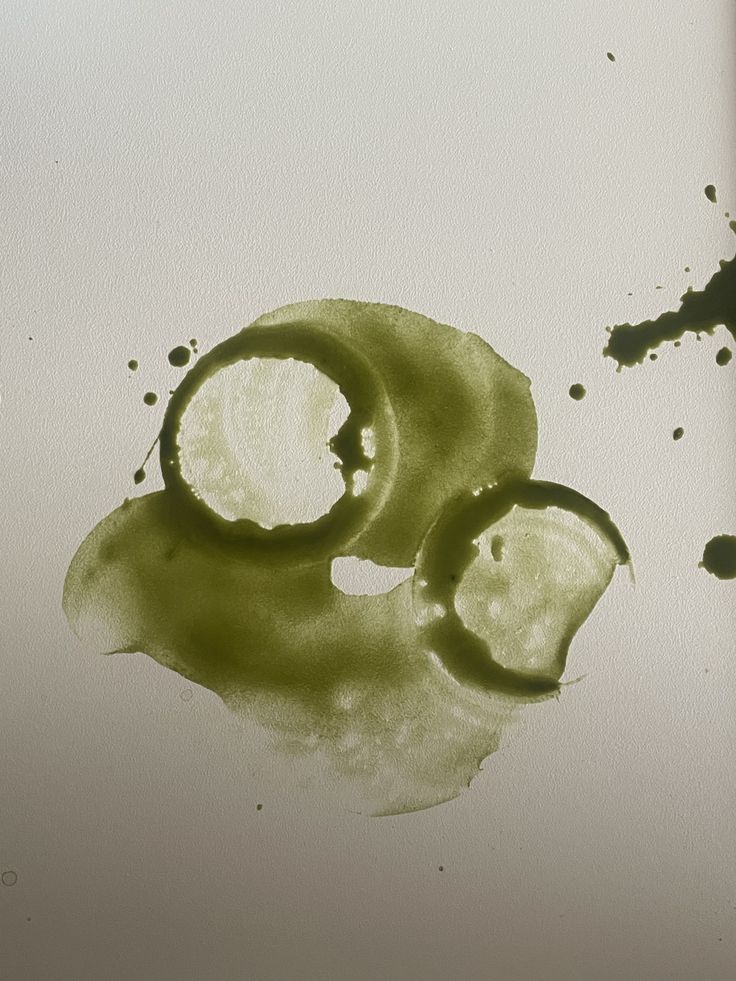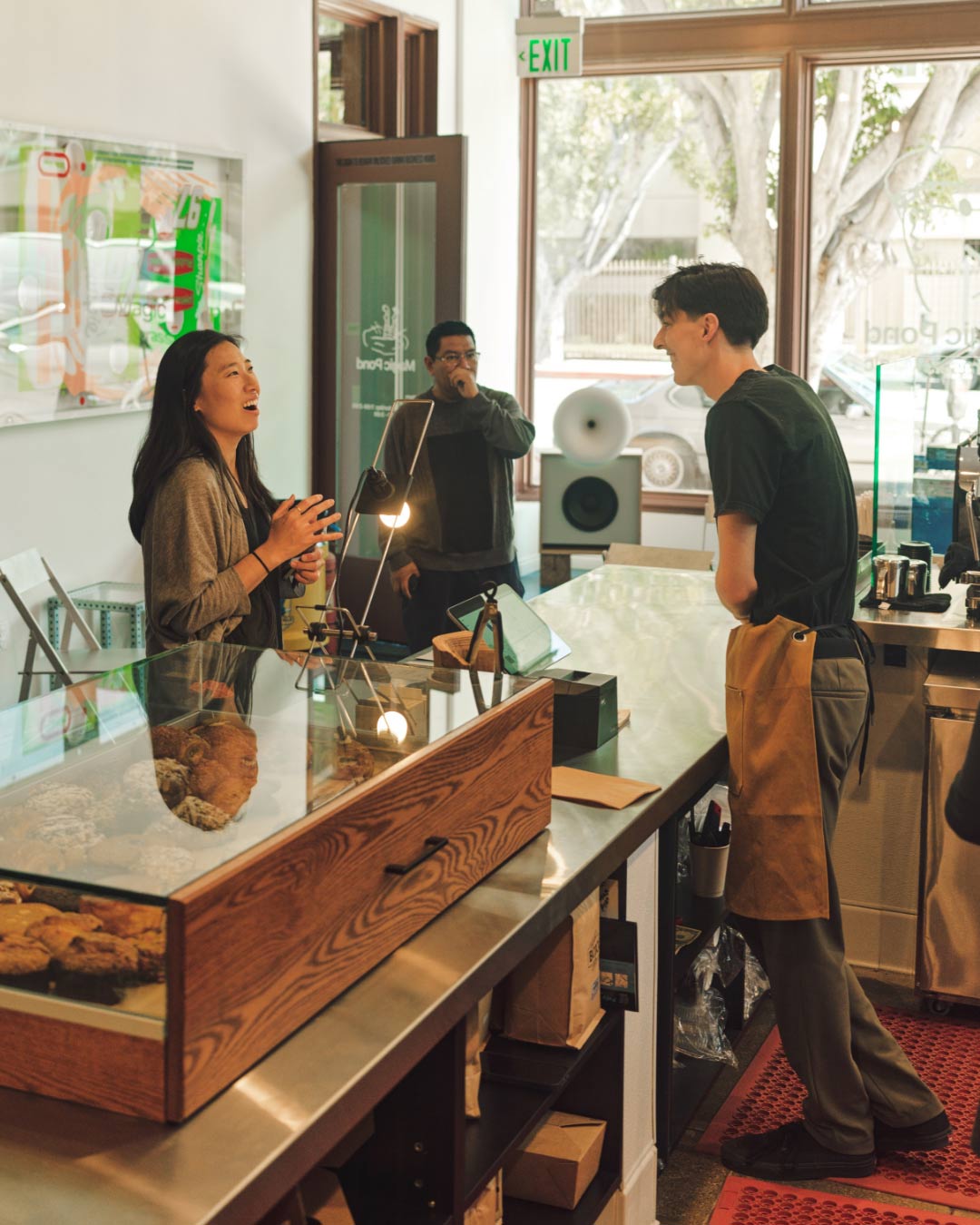We’ve all seen the label — ceremonial grade. It whispers of tradition, purity, maybe even a sense of spiritual authority. It’s a phrase designed to feel official, like a seal of ancient approval. But here’s the truth: “ceremonial grade” doesn’t mean anything.
Not officially, not legally, not in the way we’re led to believe.
In the world of matcha, this term isn’t regulated. There’s no governing body, no tea elder in Kyoto inspecting your tin and stamping it ceremonial enough. What “ceremonial grade” mostly boils down to is marketing—a phrase invented to suggest superiority, often without explaining what makes one matcha “ceremonial” and another “culinary” or “premium.” And when you start to peel back the layers, it becomes clear: the only thing that’s actually regulated is the production and sale of tencha—the raw, unpowdered leaf that becomes matcha.
So what is tencha?
Tencha is the shaded leaf harvested, steamed, dried, and deveined before it’s stone-milled into matcha. Without tencha, there is no matcha. And here’s the part most brands won’t tell you: not all matcha is made from tencha. Lower-quality powders might be made from sencha or other green teas that were never intended to be ground. They’ll still call it “matcha,” and sometimes even slap on a “ceremonial” label, but it’s not the real deal.
When you drink matcha that was actually made from carefully grown tencha—shade-cultivated under honzu straw mats, often harvested from a single cultivar and a single farm—you taste the difference. Not because the label told you to, but because the tea itself tells the story.
What’s actually used in Japanese tea ceremonies?
Let’s talk about where this term "ceremonial" should have some relevance: the tea ceremony itself. In Japan, tea practitioners, called chajin, aren’t talking about “ceremonial grade.” That’s not their language. They’re talking about usucha and koicha, about cultivars and origin, about mouthfeel and aftertaste.
Only the smoothest, most refined tencha can become a koicha-worthy matcha. —it’s chosen based on taste, cultivar, season, and the relationship to the land.
Some teas used in tea ceremonies are labeled Chakai, indicating they’re fit for a formal gathering. These are often single-cultivar, single-origin, and grown with incredible care. Then there’s Keiko, which may still be technically drinkable, but not exactly memorable.
Usucha (薄茶): thin tea, whisked into a light, frothy bowl. This is what most people outside Japan are familiar with.
Koicha (濃茶): thick tea, prepared with more powder and less water. It’s bold, concentrated, and reveals every nuance of the leaf. Only the highest quality matcha can be used for koicha — it must be naturally smooth, never bitter.
There’s also chakai (茶会), a casual or formal tea gathering where matcha is served and appreciated in community. The teas used for chakai tend to be of superior quality — single origin, often from one cultivar, and selected for their clarity, smoothness, and mouthfeel. These are not mass-blended, mass-produced powders. They’re chosen with intention.
Then there’s keiko-grade (稽古), which refers to tea used for practice. It’s drinkable, technically matcha — but not memorable. It’s not meant for ceremony, and certainly not for koicha.
The truth? Matcha served at tea ceremonies isn’t always the most expensive. It isn’t always flashy. But it is consistent, cultivated with care, and selected for taste by people who know what they're doing.
So what does quality actually mean?
It means:
- The matcha was made from real tencha.
- The leaves were properly shaded (often using honzu straw), slowly grown, hand-picked.
- It’s stone-milled at a speed that keeps it from overheating and losing flavor.
- It tastes smooth, not bitter. Rich, not harsh. Complex, not muddy.
Price plays a role here, yes—good matcha isn’t cheap to produce. But expensive doesn’t always mean better. You’re paying for farming practices, origin, and craft, not a vague sticker that says “ceremonial.”
Taste is still subjective. Some people prefer a brighter, grassier note. Others want umami and creaminess. That’s the beauty of it—it’s personal. But if you’re buying matcha because it says ceremonial, just know: you’re buying into an idea, not a guarantee.
Why it matters to us at Jurassic Magic
We work with Kettl, a Japanese tea company we deeply respect for their sourcing practices, transparency, and deep-rooted connection to tea culture. Their matcha isn’t labeled with vague claims—it’s selected with intention. Single-origin, shade-grown tencha, stone-milled with precision, and crafted to be drinkable without distraction.
That’s the kind of matcha we want to serve: not dressed up with empty words, but grounded in care, craft, and context.
So no, we don’t call it “ceremonial grade.”
We call it what it is: matcha that’s worth sitting down for.

.svg)











